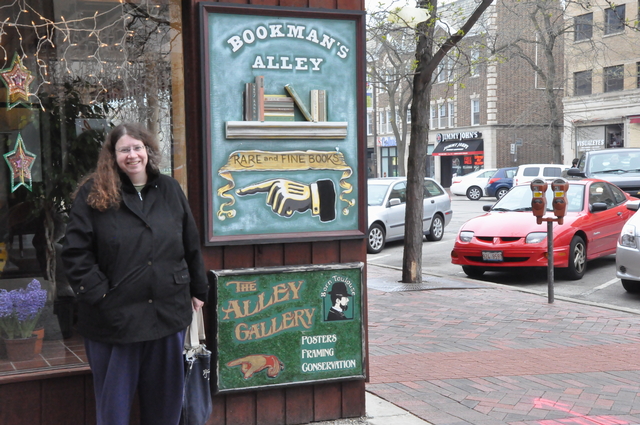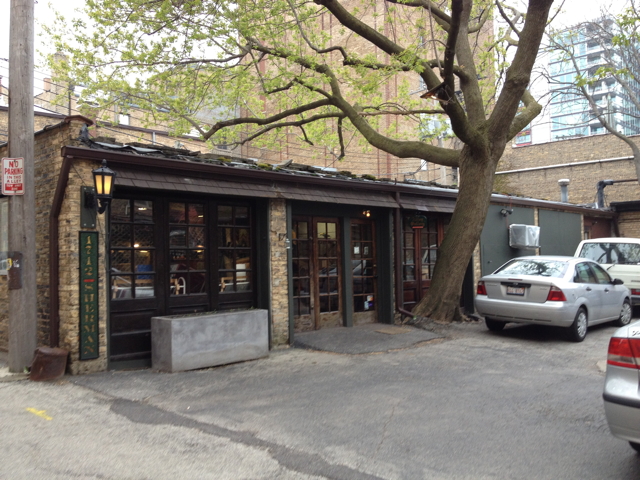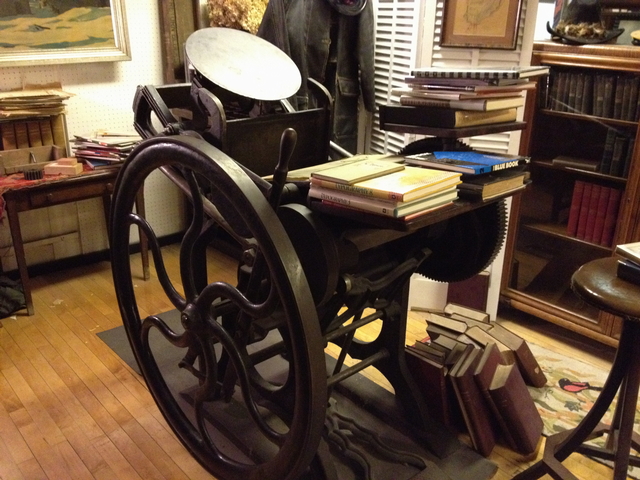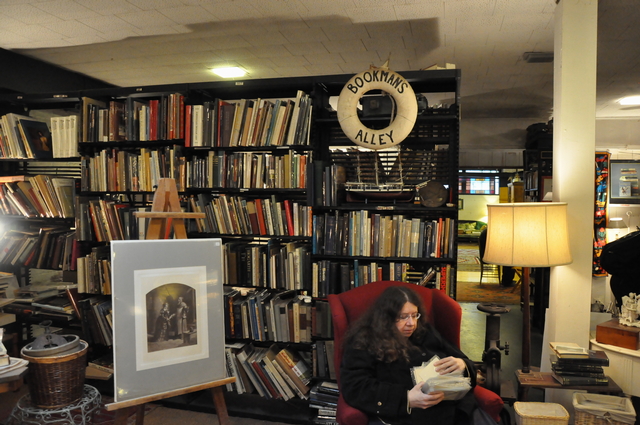Generation Me: Why Today’s Young Americans Are More Confident, Assertive, Entitled — and More Miserable Than Ever Before by Jean M. Twenge, Ph.D. Simon and Schuster Free Press. New York: 2007. 304 pages.
Jean Twenge’s mouthful of a subtitle says it all — after taking a look at her generation and its issues, she finds reams of data to support her assumptions. According to Twenge, “. . . this generation has never known a world that puts duty before self.” This is an astonishing statement given the number of young Americans who have found their way to Iraq and Afghanistan or whose origins lie in cultures where duty remains an accepted obligation, as well as the response to the 9/11/2001 attack on the United States and the natural disasters of the past couple of decades. What Twenge dubs “Generation Me” (“GenMe”) seems to have responded to these crises nearly as enthusiastically and generously as their parents and grandparents.
Perhaps every generation likes to think life is tough compared to that of its predecessors. The Silent Generation endured the Great Depression, World War II, and the Korean conflict, while the Baby Boomers lived through the Cold War, assassinations, Vietnam, and Nixon (not to mention the horrors of disco and leisure suits). According to Twenge, GenMe is plagued by the high self-esteem uncorrelated to merit inflicted on them by their elders combined with the concomitant high expectations and the harsh realities of a world in which good jobs are scarce and higher education, housing, and child care costs are high. GenMe, says Twenge, has been taught to think it can do and have anything, but is discovering that getting into and attending college is competitive and expensive; that a typical career path begins with an unsatisfying, low-paying job; and that achieving the lifestyle their parents have — the suburban home with two-car garage and two cars — takes time and lies at some indefinable point in the future.
Twenge and her associates have pored through countless surveys to see how this generation’s expectations, attitudes, and mores compare to those of its predecessors. Because most of these data are from the Baby Boomers, the “Than Ever Before” of the subtitle is debatable. If we had data for each generation of Americans from the entire history of our nation, we might be surprised by how attitudes have not only evolved, but sometimes reverted to a previous state. We tend to stereotype eras, too. When you mention the 1950s, most people envision the nuclear family, Leave It to Beaver, and innocent pleasures such as the Hula Hoop and roller skating. In reality, sex was hot (think Marilyn Monroe and From Here to Eternity); censorship was losing its influence to the changing mores of the masses, especially those of the young; and sexy, antiestablishment rebels like Marlon Brando and James Dean were redefining antiauthoritarianism as “cool.” Note that Monroe, Brando, and Dean would belong to what Twenge calls “Generation Prude” (with GenMe in the role of “Generation Crude”).
Twenge peppers her selected statistics with a generous number of illustrative quotations and anecdotes. While these are entertaining, they’re also meaningless; anyone could find quotations and anecdotes that support a contradictory point of view. Indeed, Twenge contradicts herself on occasion. After asserting that GenMe is more tolerant of gays, she mentions a teenage boy who is afraid of what his classmates would do to him if they knew of his orientation. That doesn’t sound “more tolerant” to me.
Undoubtedly Twenge cherry picks the data, and there’s no way for a reader to know how valid the studies and surveys are. She also doesn’t take into account regional and socioeconomic factors. My guess is that, for example, students from the School of the Art Institute of Chicago, living and studying in an urban, multicultural setting, are more tolerant than either the parents or teens of the Itawamba County school district in northern Mississippi, now infamous for their treatment of a lesbian classmate who wanted to bring her girlfriend to the prom. Like other generations, GenMe isn’t a uniform mass.
The world and the workplace don’t operate optimally for GenMe, so Twenge devotes “Applying Our Knowledge” to her solutions. For example, under “For Employers,” she says, “. . . realize that younger employees may have a very different outlook in life . . . the times that shaped GenMe’ers as children are very different from those experienced by older generations.” Surely she knows that for millennia each generation or two has had a different outlook and that the solution isn’t for the older to adapt to the younger, but for society to evolve as views and values blend and evolve, then change.
At this point, Twenge becomes a self-parody. While deploring the self-centeredness she has tried to document, she exemplifies it by suggesting solutions that require catering to the expectations of GenMe. There is no meeting halfway. Because GenMe doesn’t accept authority automatically (does youth ever?), it’s up to you to earn their respect. And they expect praise, so Twenge says, so you’d better be prepared to deliver it. Note what’s missing — what GenMe, whose members take great pride in their critical thinking skills, can expect and how they can adapt to meet their employers halfway. It’s our way or the highway, it seems.
I’ve seen some of the attitudes and behaviors Twenge outlines and been among the first to shake my head over them. On the whole, however, when GenMe enters the sphere of work, relationships, and family, they do what everyone does — they grow up. They alter what they can, for example, life/work balance, and adapt to what they can’t. In every generation, youthful idealism succumbs to adult pragmatism. In the end, Twenge makes only the case that GenMe is different from the Baby Boomers, who were different from their parents. That they are different, and the ways in which they are different, is hardly a revelation, and that they are “more miserable than ever before” remains to be proven. Twenge’s information and her interpretations are interesting, and some of her concerns may be valid, but don’t be surprised if in 20 years someone is writing about how “prudish,” uptight, and intolerant GenMe is.
22 March 2011
Copyright © Diane L. Schirf








